On World Mental Health Day People Share Their Experiences of Mental Health During Lockdown
Posted by See Me, 8 October 2020
On World Mental Health Day people with mental health problems say stigma around mental health has dropped during lockdown, but fear of speaking out has gone up.
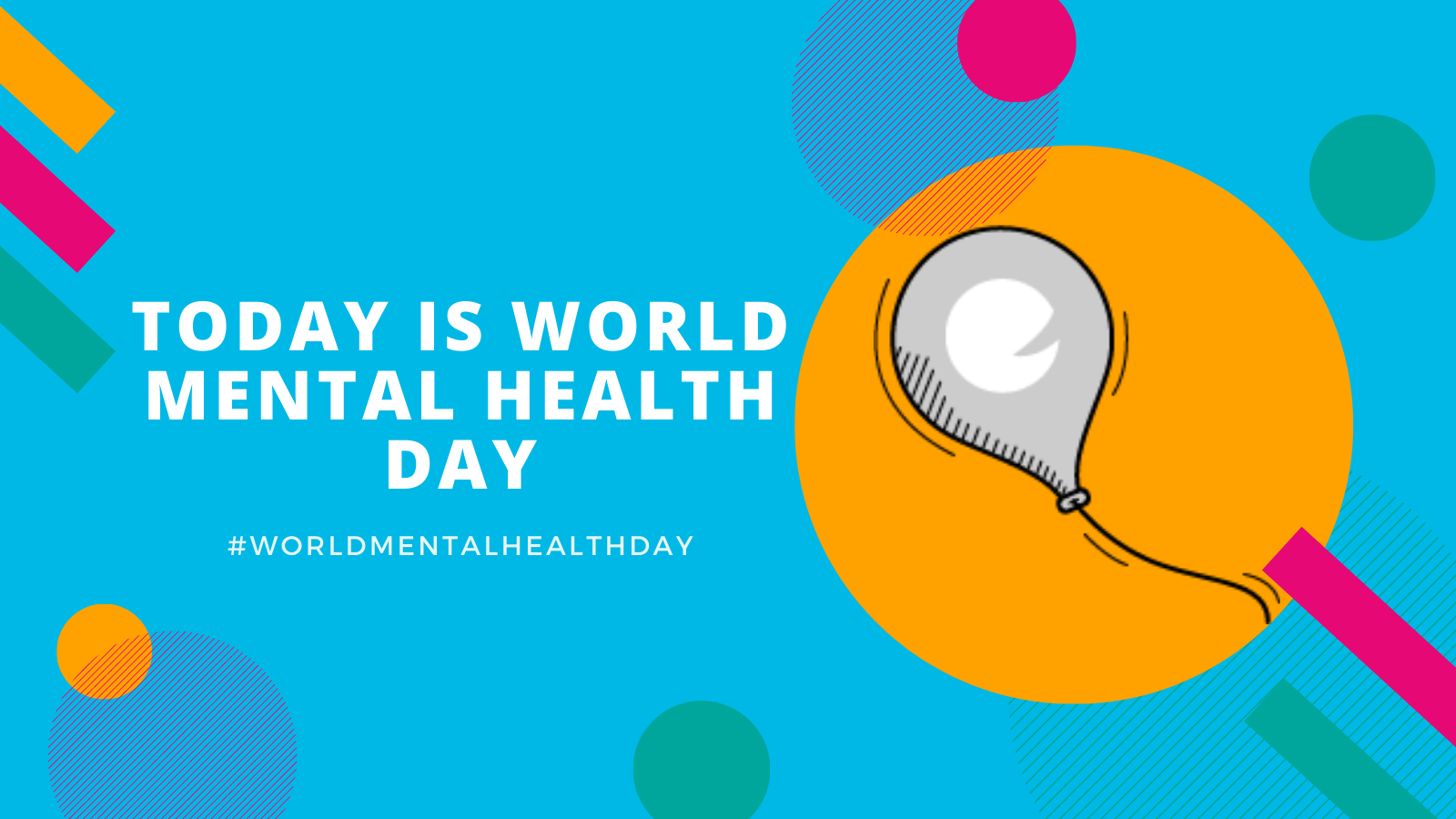
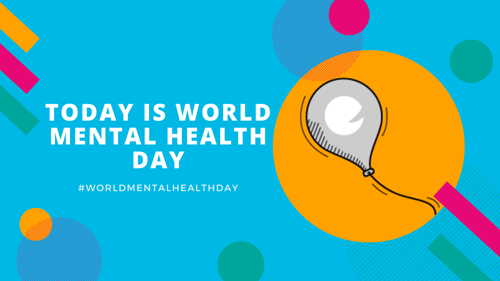
People with experience of mental health problems say the stigma they experience from others has gone down during the COVID pandemic, however the global health crisis has stopped them from saying their struggling.
On World Mental Health Day our volunteers have said that social media and the media have made them they feel like they shouldn’t be struggling with their mental health because others are in a worse position due to the pandemic.
People also feel guilty for struggling because everyone is living through the pandemic, which has stopped them from telling anyone about how they feel. They also say that having more time to think in isolation led to them feeling shame and guilt.
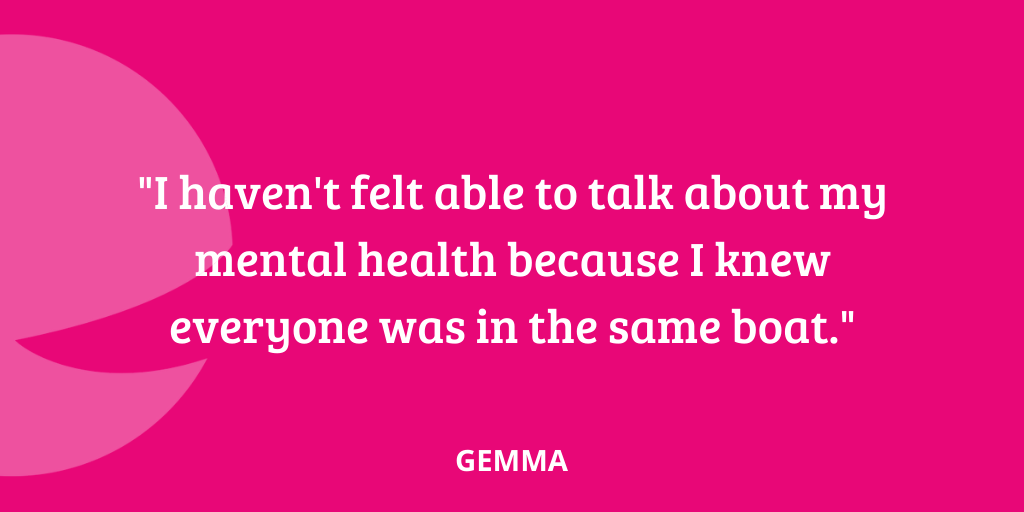
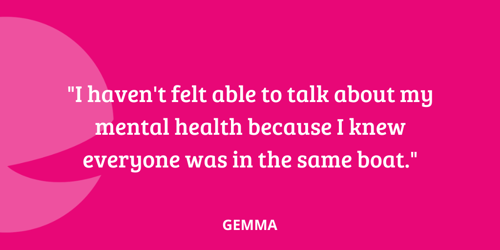
However many also feel like the wider stigma around mental health has gone down, as more people struggle with their mental health and understand the impact.
Denise McLaren, 35, from Stirling said that when her mental health support stopped it felt like a sign that mental health wasn’t as important.
She said: “At the start there was pretty much nothing happening regarding my mental health support, it was like everything stopped. I found that my mental health rapidly went down. I developed a fear, like a lot of people, of going outside.
“When I had no option but to stay in the house I stopped caring about myself and I found that hard to shake without the normal support.
“I found it really hard to talk about how I was feeling. I didn’t want to ask for help, because you get the feeling when some services stop that if you tried to approach a GP or hospital that the response would be, COVID is happening, and we won’t deal with anything else. I haven’t felt like that for a long time, I’ve always had good mental health support but at the start of lockdown it felt like mental health didn’t matter.”
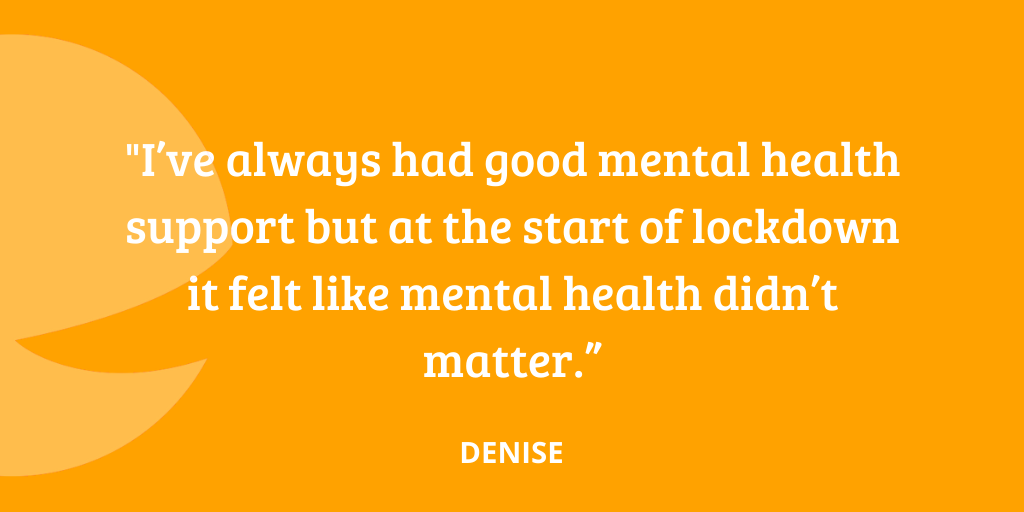
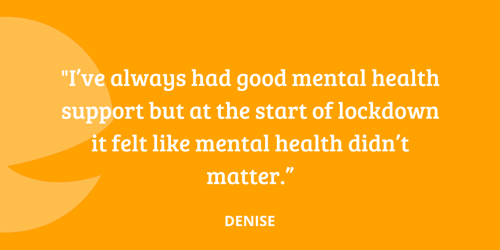
However as the pandemic has gone on, she has noticed a change. She added: “I noticed the change recently when I had to go into hospital with a dislocated shoulder. I had a sunflower lanyard on, which shows I have a hidden disability, and after they treated my shoulder, the nurse asked me about my mental health. I was surprised as I haven’t had that before, it was great.”
Tommy Kelly, 40, from Irvine, who has experienced an eating disorder, said: “My mental health has really been impacted during lockdown, I feel like I’ve been stuck in my head 24/7 with too much time on my hands. I think when you are quite isolated and you’re thinking too much about everything that’s going on in the world, you get drawn into your problems.
“I would say I have found it difficult to talk about mental health at this time. A lot of people kind of think that you’re mental health is quite miniscule in terms of the bigger picture. So that has been quite difficult. My wife and some of my friends have been a great support, as have See Me volunteers and my eating disorder support worker.
“However, in some ways more people are opening up and speaking about mental health. On Facebook I’ve seen people asking each other how they are and talking about mental health, especially related to work stress, losing their jobs and their homes. However I’ve seen people lash out, or told that there are bigger things going on in the world.
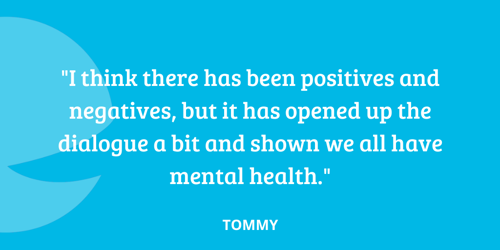
“So I think there has been positives and negatives, but it has opened up the dialogue a bit and shown we all have mental health. If it gets people talking then I think it is good.”
Gemma Patterson, 27, from South Uist, said: “My mental health has suffered during lockdown, especially the longer it's gone on. I felt I could use coping techniques early on but they fell apart as things went on.
“I haven't felt able to talk about my mental health because I knew everyone was in the same boat. So I just felt like I was moaning or putting my feelings onto someone else who was also struggling.
“I also haven't felt able to get professional help because I haven't wanted to bother over worked services. And due to concern about the virus I haven't wanted to go to doctors.
“I think stigma has got better. There has been a lot of good things with people talking about mental health worries and making people feel not alone. But I do think it's only better in relation to anxiety specifically, because that's increased for a lot of people and it's the only thing that gets mentioned.”
See Me spoke to 30 of it’s supporters on their experiences during lockdown. 41% said that the stigma they experience towards their mental health had decreased during lockdown. This compared to 28% who said it had increased, with it most commonly coming from family members, online, from health care professionals and in their employment.
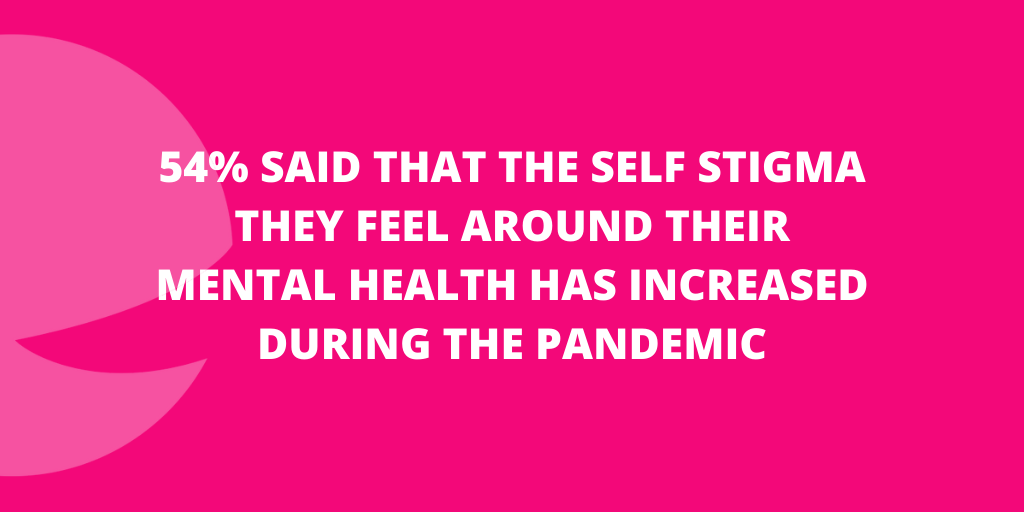

54% said that the self stigma they felt around their mental health had increased.
Wendy Halliday, See Me director, said: “See Me welcomes the focus of this years World Mental Health Day, Mental Health For All. It provides a great opportunity to reinforce that we all have mental health, we all could experience mental health problems at different times of our lives and that we all need to understand mental health better so no one feels ashamed or is treated differently as a result of their mental health.
“As a result of the pandemic more people are paying attention to their mental health. Many of us have had to put in place measures to improve our wellbeing and prevent mental health challenges from escalating. We have seen more people reaching out for support for the first time which is great. At See Me we are concerned that this is not the case for all; too many people are still struggling alone and are fearful or unable to reach out to get the support they deserve.
“Many people who had pre-existing mental health conditions are facing additional challenges at this time, particularly in education, in work and when seeking work, when trying to access care for their either physical and mental health needs and when reaching out to family and community and other sources of support. Many people have shared they feel alone, cut off and increasingly isolated which is having a knock on effect on their mental health.
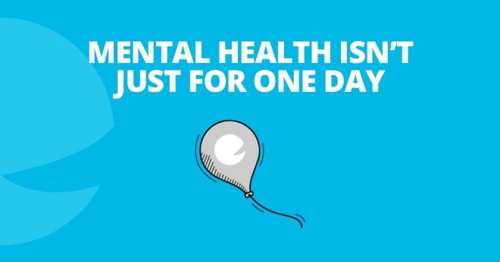
“See Me wants to see better mental health for all and is working to increase confidence knowledge and understanding around mental health, so no one is judged, dismissed or left alone because they are struggling and to support change so that when people do reach out the can access the right support in ways that is right for them.
“You can make a difference, if you think someone is struggling ask them how they are and reassure them that they shouldn’t feel guilty or ashamed, that they shouldn’t struggle with their mental health alone and that it is important to get the help they deserve.”
We'd love if you could share our animation and social media messagng for World Mental Health Day below.
On #WorldMentalHealthDay people with mental health problems say stigma around mental health has dropped during lockdown, but fear of speaking out has gone up. @seemescotland spoke to our supporters about their experiences. Read more: https://bit.ly/2SENfg9
